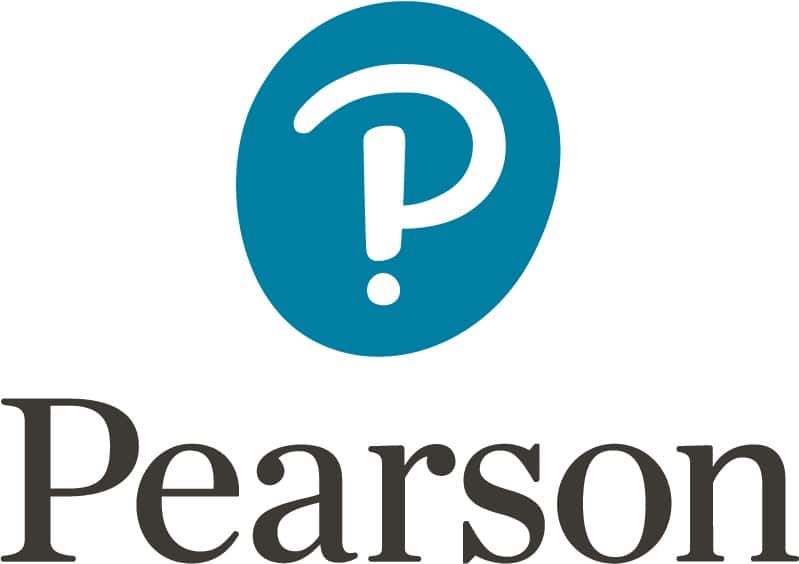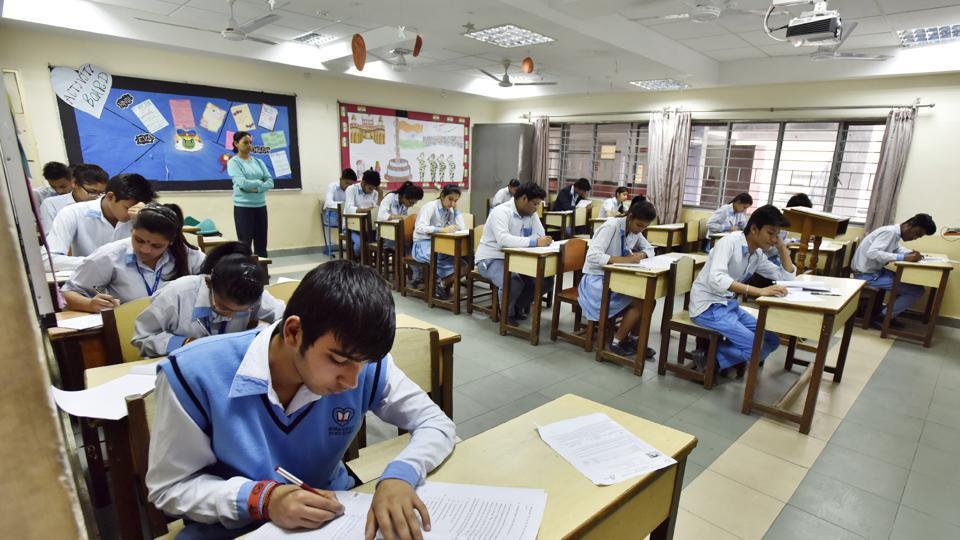Never has there been a better time for entrepreneurship than now! The global environment itself is ripe for entrepreneurship, with myriad forces coming together to make it a reality.
 The first factor is the push that is coming from the world of learning. There is a strong and unbreakable link between learning and entrepreneurship. Learning is the foundation for innovation, which in turns bears the seed of entrepreneurship. It is apparent that the world is being swept by the Digital wave, where disruption is the name of the game. Disruption by its nature implies innovation and innovation is the seed and fundamental plank for all entrepreneurship.
The first factor is the push that is coming from the world of learning. There is a strong and unbreakable link between learning and entrepreneurship. Learning is the foundation for innovation, which in turns bears the seed of entrepreneurship. It is apparent that the world is being swept by the Digital wave, where disruption is the name of the game. Disruption by its nature implies innovation and innovation is the seed and fundamental plank for all entrepreneurship.
The second factor is a technological one, where Digital disruption is leading to innovation and hence, entrepreneurship. Internet, the greatest ‘equalizer’ that humanity has seen, is having an impact across the globe. The year 2017 saw almost 3.47 billion people use the Internet for a variety of purposes, key among them business. In India alone, the figure for Internet users jumped from 432 million in December, 2016 to around 450-465 million in June, 2017.
The rise of the online brigade has happened in tandem with the growth in entrepreneurship, with one feeding the other.
Most nations in fact, are witnessing start-up revolutions as earlier constraints to the proliferation of entrepreneurship have reduced or been eliminated. Improved connectivity, greater availability of Venture/Angel funding, cheaper broadband, less expensive smartphones and devices, and incentives by governments for start-ups are leading to robust expansion of the entrepreneurship landscape.
The success achieved by the Mobile movement has acted as an another spur for entrepreneurship. Mobile Internet leading to Mobile commerce has given birth to companies that have a host of products and services for this space.
Clearly, the environment is simply charged up for entrepreneurship and all roads appear to be leading to Rome. In this Rome, start-ups are the stars and the growth drivers of economies in the future.
In India, the tech start-up eco-system (stated to be the third largest in the world), is growing by leaps and bounds and reaching maturity. Since 2011, there has been a significant expansion in the number of start-ups, especially technology start-ups, with figures crossing 4,600 companies at the end of 2016. The outlook for tech entrepreneurship is even better, with the number of start-ups expected to cross the 10,500 mark by 2020. These companies are projected to employ over 210,000 people!
In part this will happen owing to the Indian government, which is playing Santa Claus to emerging companies and offering sops and benefits to these organizations. Self certification, patent filing, fee rebates, tax exemptions, a better regulatory climate, and policies that improve ease-of-doing business, are all contributing to the growth of the start-up eco-system. The Indian government’s generous funding corpus of USD 1.5 billion is also an exciting promise for the nation’s out-of-the-box thinkers and risk takers. Companies that are willing to take the unbeaten path and create products that will not only skyrocket them to fame and fortune, but also bring untold benefits to marginalized within the Indian society.
And entrepreneurship as has been already mentioned, is not only about industry. As the wise say, when entrepreneurship comes, can Universities and schools of higher learning be far behind? Or rather if Universities stand tall, can entrepreneurship and innovation be far behind?
There is no doubt that both academic institutions and industry are joined together at the hip. For years the world has been talking about the unique synergy and interdependence between Silicon Valley, USA (in the state of California) and Stanford University. Stanford in fact is stated to have really played a key role in building Silicon Valley by providing the human resources that became the steely backbone of Silicon Valley. Additionally, it spearheaded research in sunrise areas that became the bedrock of innovation and invention.
Besides Stanford, a host of other Universities in and around Silicon Valley have also made a big contribution by offering training programs, an entrepreneurship focused education system, mentors, capital support and even funding. In many instances, these institutions have been the hubs for incubation, nurturing the minds that will one day take the path of entrepreneurship.
This action is obviously not limited to the US market. Today, India is witnessing the creation of countless entrepreneurial centers that are mushrooming within metros like Bengaluru, Chennai, Mumbai, Pune and Delhi/NCR and even tier 2 and tier 3 cities and towns. These hubs are strongholds of academic learning, housing engineering and non-engineering institutions.
In recent years in fact, India’s entrepreneurship eco-system has found champions in spanking new Universities that are seeking to create original thinkers who will lead the knowledge society of the future. Among these institutions is NIIT University (NU), a not-for-profit institution based in the knowledge corridor of Neemrana, in Rajasthan. Set up by the global talent and skills development organization, NIIT, which pioneered the tech education industry in India, NU is aiming to be a role model of learning, research, innovation and sustainability.
Based on the four core principles that make learning Industry-linked, Technology-based, Research-driven and Seamless, NU offers students and professionals an array of cutting-edge academic programs, an experience of entrepreneurship and yes, even a taste of Green.
The University, which has been acknowledged for its Sustainability focus, has ushered in a new paradigm in energy efficiency. And that isn’t all.
NU is increasingly becoming known for providing learners with an environment of ideation, innovation and entrepreneurship. The University is indeed sowing the seeds of entrepreneurship on its turf, teaching students to think differently, come up with ideas that create the wow effect, and take these concepts to market fearlessly. Recognizing that there is a thrust on start-ups in India, NU is encouraging its students to be job creators rather than job seekers.
As a University that boasts strong linkages with industry NU is exposing learners to the entrepreneurial world through internships as well as visiting teachers who are drawn from successful start-ups and other organizations. The institution’s deep research-orientation has also enabled it to foster innovation and instil the culture of entrepreneurship in the DNA of its learners.
Innovative products are increasingly coming out of NU, conceptualized and created by its students. The University’s B-Tech class of 2013-17 for example, has been responsible for imaginative and breakthrough software applications. These include ASAP Messenger (an instant messenger which makes the messaging experience real life). SmartBin (a network of dustbins which integrates the idea of the Internet of Things with Wireless Sensor Networks), and EDaWS, an early diagnostic and warning system (that predicts and prevents complex problems of machineries). All these apps are a result of serious exploration and dabbling in the extraordinary by students.
Having made innovation a way of life, NU is actively rearing such student entrepreneurs who have launched start-ups that can trace their origins to the labs of the University.
Several of NU’s students have entered the world of work with their boots on and start-ups under their belts. Among the start-ups that have been incubated in the NU campus are Peer XP Technologies, SpectroSmart, AT-Lead and Czar Securities. Of note are AT Lead, a drone design and manufacturing center founded by Atif Khan and Czar Securities, a cyber security solutions venture set up by Shikhil Sharma and Ananda Krishna. The duo in fact won the Start-up Pitch at the prestigious Global Conference on Cyberspace 2017, where Astra, a web security solution developed by these NU students, enabled them to be recognized as the ‘Most Innovative Start-up’ at the conclave. The students were presented the award by none other than the Prime Minister of India, Narendra Modi.
Going forward, Universities such as NU will grow into hot beds of innovation and entrepreneurship, institutions that ensure that when it comes to ‘freshest ideas first’, India stands in the lead.







































